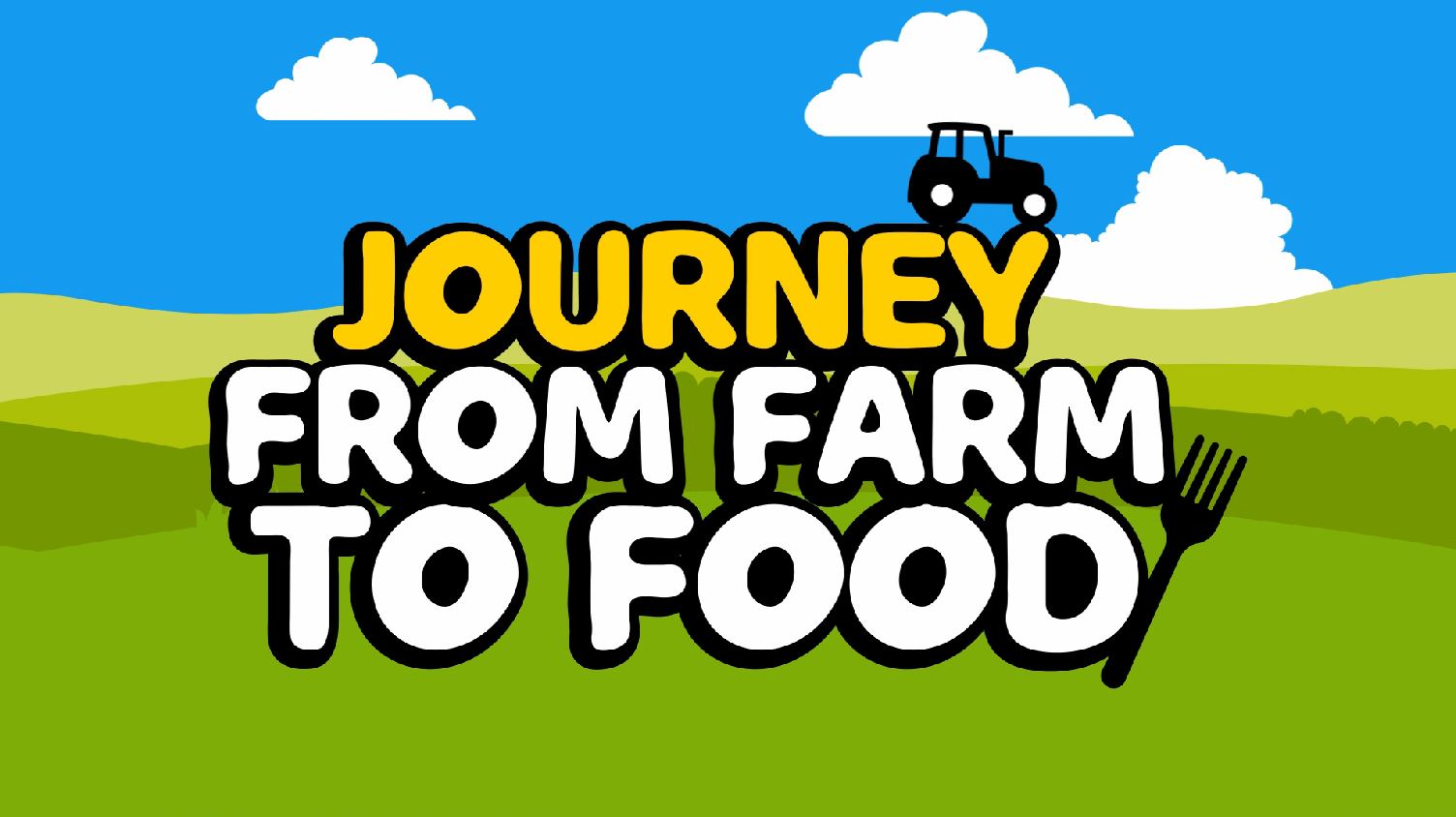Carbon Footprint
Aims of the project
The aim of this project was to assess the carbon footprint for lamb production on several typical farm types in Wales.
Why is it important?
Agriculture is directly responsible for the production of certain greenhouse gases, including carbon dioxide, nitrous oxide and methane. While the production of methane is primarily related to ruminants and animal waste, both carbon dioxide and nitrous oxide are emitted from the soil as a normal part of ecosystem function. However, both the nature of the soil and its management can have a significant effect on the amount of gases which are released from soils.
Agriculture is also responsible for the indirect emission of the global warming gases which are created during the production of agricultural inputs. These include machinery, fertilisers, pesticides and electricity. The direct use of fuel on the farm also contributes to global warming, but is generally not the most significant contributor from a farm system.
Greenhouse gases are also released throughout the food chain. Of particular note are the direct emissions relating to transport and the indirect emissions relating to processing, packaging and storage. Finally the treatment of food in the home can also be responsible for relatively large amounts of greenhouse gas emissions.
How did the project work?
A model was constructed using existing data at Bangor University. The model was then tested by inputting data from some of the HCC Farming Connect demonstration farms to explore the outcomes from a range of different production systems. This work has provided the first estimation of the carbon footprint of lamb production in Wales using real farm data.
Who did the work?
The work was carried out at the Bangor University and was funded by HCC.


